By Sibel Ozer
Your mind is a garden. Your thoughts are the seeds. You can grow flowers, or you can grow weeds. Unknown
I’ve always resonated with the idea of the psyche as landscape that varies in topography, weather patterns, vegetation, and inhabitants. Polarities of all kinds can be found within, even though the mind itself prefers to land on one side of things rather then continuing to remain open to alternatives. It is best to make a practice of contemplating opposing ideas to stay connected to reality, and to not be fooled by our own minds.
I was recently pondering the connection between gratitude and habituation. They seem to be at odds, where the presence of one pushes the other into the shadows, but both are of value given the needs of a particular moment.
My first teaching about habituation came during a high school trip we took to a leather factory. I grew up in Turkey in the 80s and we were brought up to listen to our parents and teachers in a way that was unquestionable. The consensus was that adults knew better than children and their demands were to be followed. Respect of people of authority and our elders was something that was ingrained in us from a young age. As children we weren’t always capable of course, or often didn’t agree with things internally, but had better impulse control training and were capable of not saying everything we thought compared to my freethinking uninhibited children.
We had received a lengthy lecture prior to this school trip that the smell in this setting was particularly pungent and that we were not allowed to show our discomfort, which would be a great disrespect to the workers in the factory. We were to control not only our facial expressions, but also our stomachs should they dare to get upset. My sense of smell had been rather keen even as a child, and my carsickness had earned me the front seat in our family car vacations, and yet the warning promised grave consequences.
Being lectured turned out to be of no help once we entered the building and I was literally body slapped by the smell of leatherwork, which had nothing to do the with the pleasant smell of leather. And you would think I would be used to the smell of leather from horse tack. I don’t remember the details of this trip (because I must have dissociated in order to survive it), other than my desperate desire to get my bodily responses under control, which had unquestionably been the most herculean task I had attempted in my life until that moment. I remember how gratitude hit me the moment we exited the building and being in shock for days after that people should be subjected to such torture.
I was assured by adults I talked to that the workers experience wasn’t as bad as mine was, that we all had the capacity to adapt/habituate to smells, sounds, and other things that might initially be uncomfortable, that this was a function of being human—we were born with an internal adaptation system, that would adjust to filter unpleasant stimuli so that the organism no longer recognizes it.
My second biggest personal lesson in adaptation happened during my study abroad in Paris where we were assigned to hosting families. My family, who later turned into great friends, lived in an apartment complex across from an outside metro, and the room they gave me faced the side of the passing trains that passed with an unnerving regularity. I remember walking into my room and thinking, I guess I’m not sleeping the rest of this year. Turned out, of course, that I wasn’t even aware of trains probably a week or so into my year, and never even thought much about it afterwards. The gift of habituation took effect quickly and effortlessly, so much so, that it didn’t even reach my awareness.
The downside of habituation works no differently then the upside and we get used to all manner of things without it reaching our conscious awareness. It is often only when there is a problem, and something in our daily rhythms and cycles are broken, that we realize what we have gotten used to, and then started taking for granted.
It took me going through a major health challenge to realize that putting away dishes was actually a privilege, in the sense that being able to, is so much better than being in pain that prevents simple tasks from getting completed. Three years later I still do not complain about doing the task, however, the depth of gratitude I felt initially at the return of my basic capabilities has begun to fade into the background.
Oh, the things we ought to be grateful for on a daily basis that could be taken away from us in the blink of an eye!
The people we love, the things we own and cherish, our health and capabilities—anything and everything in our lives is transient and might not be available to us with no prior warning.
And yet, it seems impossible to be connected to heartfelt gratitude given our tendency to habituate. This is a particularly important dynamic to be aware of in relationships as one of the most common complaints from couples in therapy centers around the feeling of being taken for granted, or being underappreciated, which is directly linked to habituation, and which seems to be unavoidable.
So, as all roads lead to Rome, here too I shall invite you to a practice of mindfulness for remedy. It is not a perfect, nor an easy solution—it requires intentionality and effort, and even with both, we are guaranteed to fail at it.
And still it is undoubtedly incredibly helpful to navigate this particular dilemma. There is so much out there on the power of gratitude, and it is easy to be discouraged when we find ourselves lacking in this arena. It is simply not within human nature to be naturally connected to gratitude around all that we could or should be grateful for.
We are wired to deny our mortality, have a negativity bias when it comes to problems, and take for granted the things that run smoothly in our everyday lives. This doesn’t mean we are inherently bad or lack in our capacity toward gratitude, but simply that they reside as opposing mechanisms inside of us. When one comes to the surface the other goes below the surface.
Maybe that is the whole point to most of our rituals and holidays. They create an opportunity to be intentional and invite us to contemplate the things that are in order so that we have the opportunity to express our gratitude without the need to be deprived of them. This is why gratitude practices (such as a gratitude journal, or starting and ending every day with gratitude) try to create habits that circumvent the tendency to habituate.
As we enter this New Year and decade I wish us all a more compassionate relationship with these opposing dynamics. As intention precedes attention, we can perhaps commit ourselves to bringing the light of awareness to these dynamics whenever we can, rather then letting them have their way with us in the darkness of the unconscious. Happy rememberings to us all.
Sibel Ozer is a licensed professional counselor and board-certified art therapist currently doing private practice in downtown Ann Arbor. She started her career as a clinical psychologist working with earthquake survivors in Turkey. She continued her work in the United States in hospice, hospital, and private practice settings further specializing in grief, loss, and trauma. She is a certified EMDR practitioner and a graduate of the Gestalt Institute of Cleveland. She gives experiential workshops nationally and in her country of origin (Turkey) on different art therapy topics. Visit www.sibelozer.com, call (303) 905-1109, or email fireflyarttherapy@gmail.com.






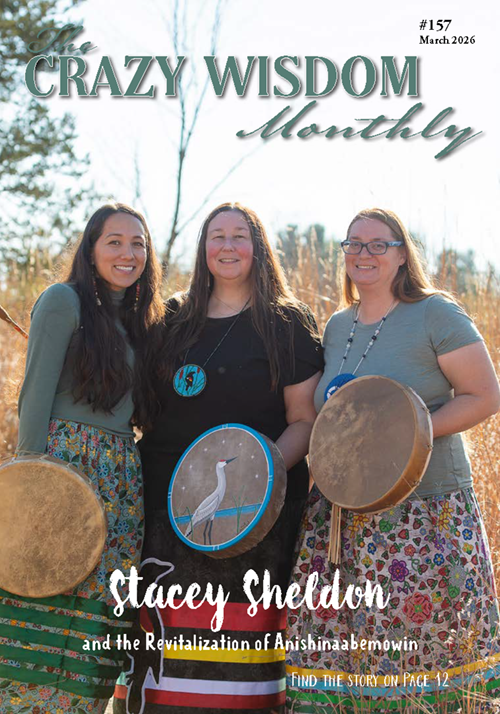



















































































































































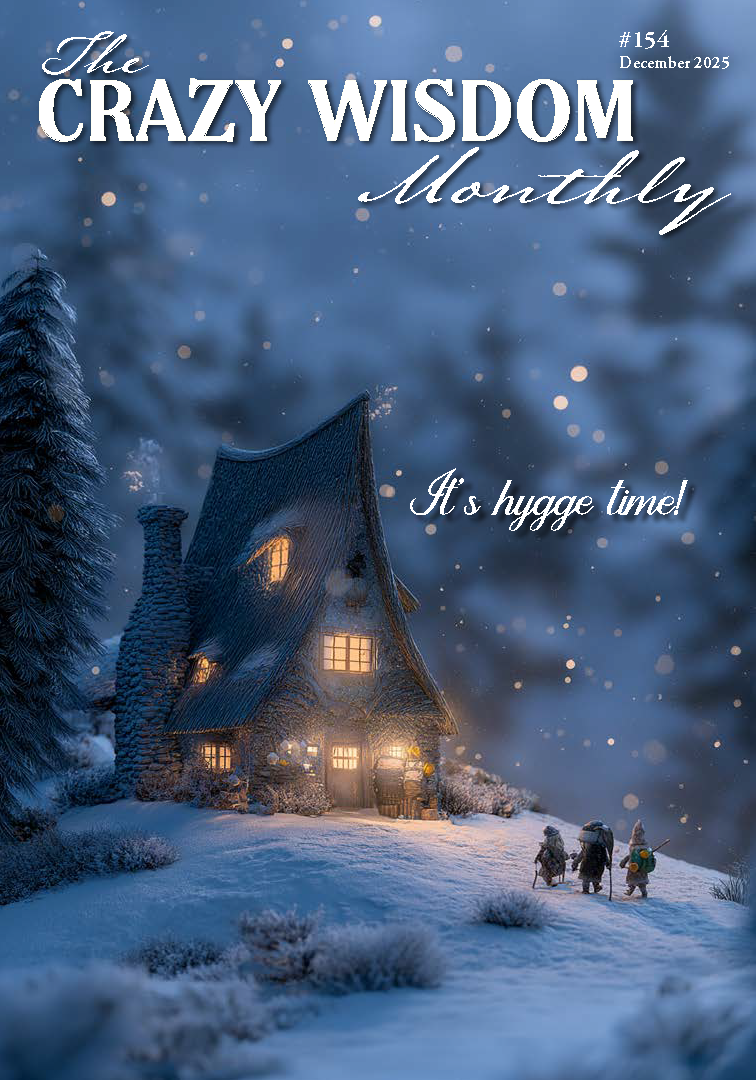
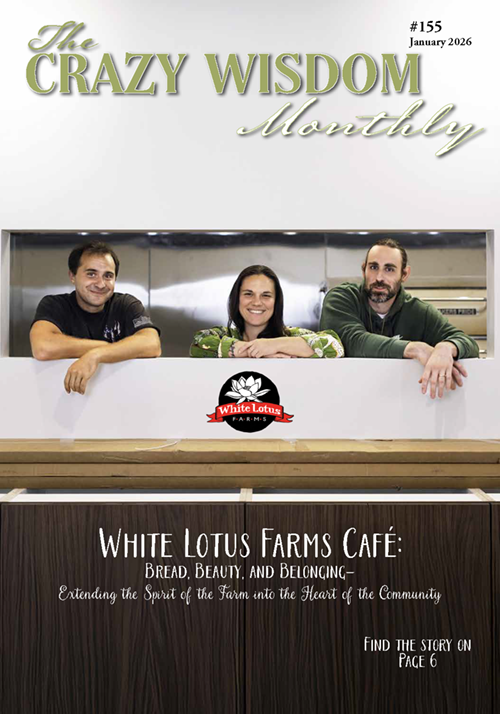
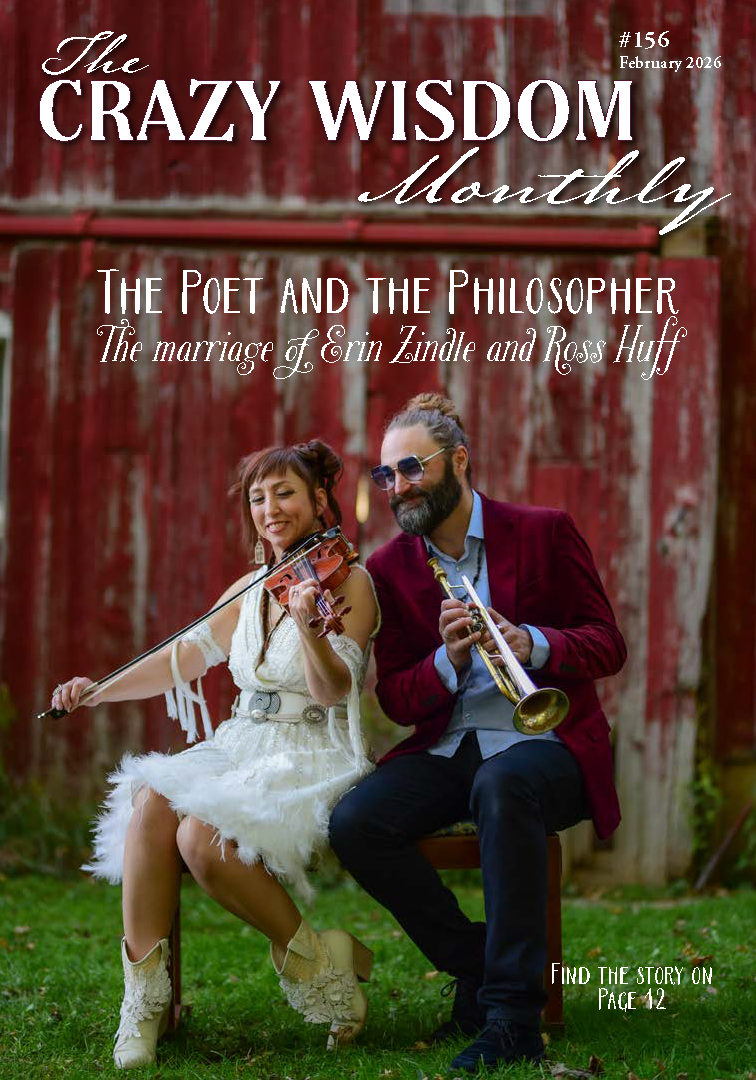









































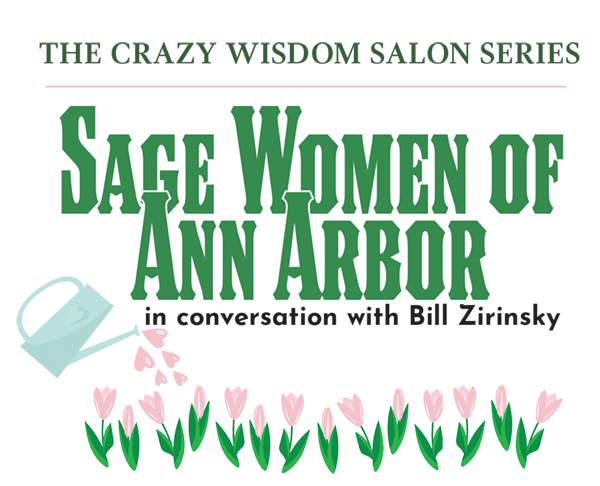

We practice for these times, for times like this in the world. We go to our mat, under our shawl, sit on our cushion, to find peace amid the rubble of grief, rage, and fear. We attend to our practice precisely so that when the tides of emotion are strong, so is our practice. We return again and again to our breath, to our body and mind in the moment, returning to ourselves. Our ancestors developed these practices because they knew—they knew that we could be swept off our feet by our emotions, our ability to choose wisely blinded by the redness of rage or the waters of our grief